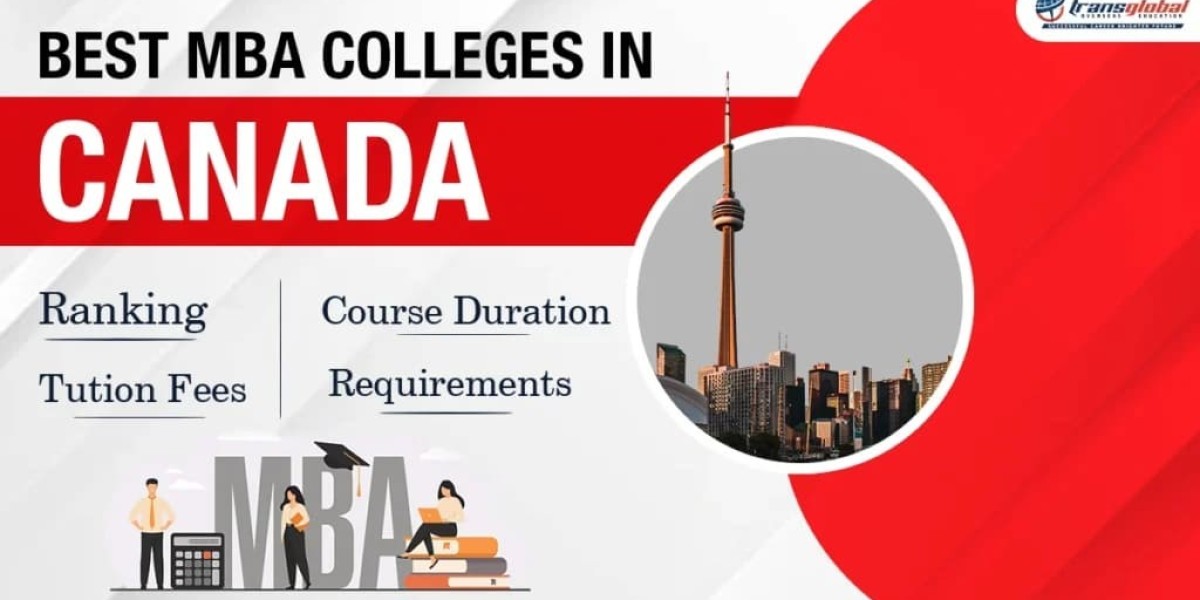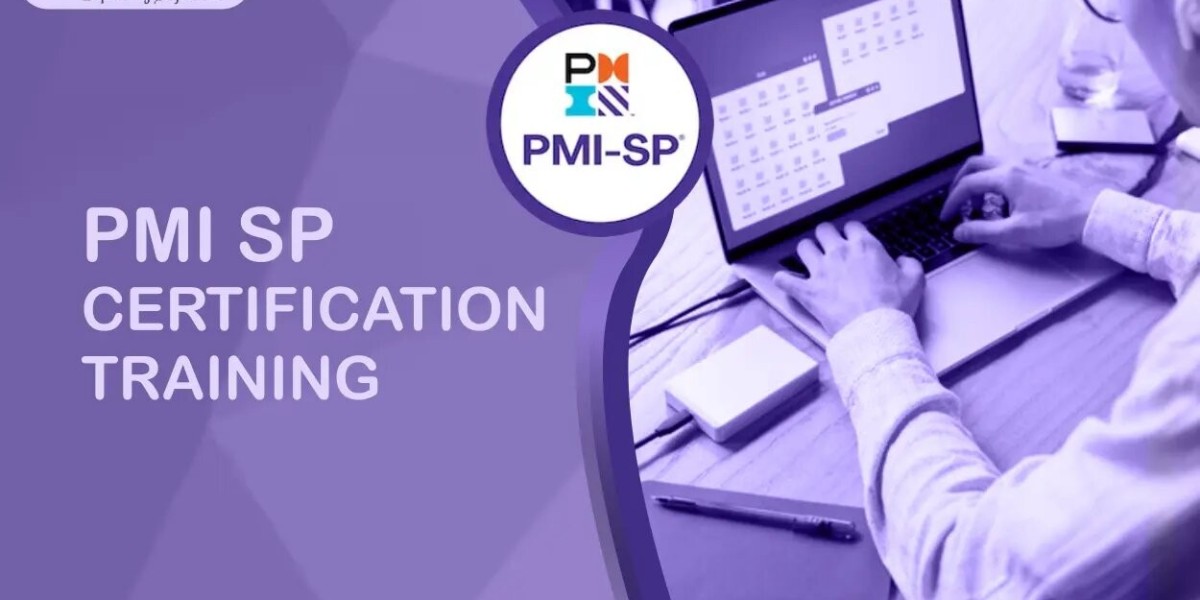Canada has emerged as a preferred study destination for MBA aspirants worldwide, thanks to its high-quality education, diverse culture, and promising job market. With numerous business schools offering MBA programs, selecting the right institution can be challenging. This article delves into the top 5 MBA colleges in Canada, providing insights into their strengths, programs, and factors to consider when making your decision.
Top 5 MBA Colleges in Canada
1. Rotman School of Management, University of Toronto
Ranked among the world's top business schools, Rotman consistently excels in providing a rigorous and innovative MBA program. Known for its emphasis on leadership, entrepreneurship, and innovation, Rotman offers a dynamic learning environment.
Strengths: Strong alumni network, experiential learning opportunities, focus on technology and innovation.
Programs: MBA, Master of Finance, Executive MBA.
2. Queen's Smith School of Business
Queen's Smith School of Business is renowned for its strong academic foundation and leadership development. It offers a comprehensive MBA program with a focus on building well-rounded business leaders.
Strengths: Excellent leadership development programs, strong alumni network, emphasis on ethics and social responsibility.
Programs: MBA, Executive MBA, Master of Management.
3. Ivey Business School, Western University
Ivey Business School is celebrated for its case-based learning methodology, which fosters critical thinking and problem-solving skills. The school offers a rigorous MBA program with a strong emphasis on practical application.
Strengths: Case-based learning, strong focus on business fundamentals, excellent career placement.
Programs: MBA, Executive MBA, Master of Management.
4. Desautels Faculty of Management, McGill University
Located in the vibrant city of Montreal, Desautels offers a diverse and multicultural learning environment. The MBA program emphasizes global business and has a strong international focus.
Strengths: Global perspective, bilingual education (English and French), strong finance and marketing programs.
Programs: MBA, Executive MBA, Master of Management.
5. Schulich School of Business, York University
Schulich School of Business is known for its entrepreneurial spirit and focus on business innovation. The MBA program offers a blend of academic rigor and practical experience.
Strengths: Strong entrepreneurial ecosystem, focus on innovation and technology, diverse student body.
Programs: MBA, Executive MBA, Master of Management.
Top 5 MBA Colleges in Canada: QS Global MBA Rankings 2024 & Eligibility
College/ University | QS Global MBA Ranking | Eligibility |
Rotman School of Management | 1 | Renowned for finance, entrepreneurship, and leadership. Typically requires a strong undergraduate degree, work experience, GMAT/GRE, and English proficiency (TOEFL/IELTS). |
Desautels Faculty of Management | 2 | Known for international business, marketing, and technology management. Similar eligibility requirements to Rotman, with a strong emphasis on international experience. |
Ivey Business School | 3 | Famous for case-based learning and leadership development. Requires a high GMAT/GRE score, strong academic record, and work experience. |
Smith School of Business | 5 | Excel in finance, entrepreneurship, and leadership. Similar eligibility criteria to other top Canadian MBA programs. |
Schulich School of Business | 6 | Offers a global perspective and strong focus on innovation. Competitive admissions process requires a good academic background, work experience, and GMAT/GRE. |
Factors to Consider When Choosing an MBA College
While these five schools stand out, selecting the best MBA program depends on individual goals, preferences, and career aspirations. Consider the following factors when making your decision:
Program Focus: Evaluate the program's specialization and alignment with your career goals.
Faculty Expertise: Research the faculty's qualifications and experience in your desired field.
Curriculum: Assess the course offerings and whether they meet your learning objectives.
Career Services: Explore the school's career placement support and industry connections.
Campus Environment: Consider the campus culture, location, and opportunities for networking.
Cost of Attendance: Evaluate tuition fees, living expenses, and financial aid options.
Alumni Network: Assess the strength and support provided by the alumni network.
By carefully considering these factors and visiting campuses if possible, you can make an informed decision and select the MBA program that best suits your aspirations.
Eligibility Criteria for MBA in Canada
To pursue an MBA in Canada, you typically need:
Bachelor's Degree: A four-year undergraduate degree from a recognized university is essential.
Work Experience: Most MBA programs prefer candidates with at least two to three years of relevant work experience.
English Proficiency: Demonstrated English language proficiency through tests like IELTS, TOEFL, or PTE.
GMAT or GRE: Strong scores in these standardized tests are often required for admission to top-tier programs.
Admission Essays and Letters of Recommendation: These documents provide insights into your goals, experiences, and potential.
While these are general requirements, specific eligibility criteria may vary between universities and programs. It's crucial to check the individual requirements of your desired schools for accurate information.
Cost of Living in Canada for Indian Students
Canada offers a high quality of life, but it's essential to budget for the cost of living. While it varies by city and lifestyle, here's a general overview:
Accommodation
On-campus residence: This is often the most convenient option but can be expensive.
Off-campus housing: Renting an apartment or sharing accommodation with other students can be more affordable.
Homestay: Living with a Canadian family can provide cultural immersion but might be pricier.
Food
Groceries: The cost of food is comparable to India in many cases, but specific items might be more expensive.
Dining out: Eating out regularly can be costly, so cooking at home is generally more budget-friendly.
Transportation
Public transport: Cities like Toronto and Vancouver have efficient public transportation systems.
Bike or walking: These options can save money and improve health.
Car ownership: Owning a car can be expensive due to fuel, insurance, and parking costs.
Other Expenses
Books and supplies: Textbooks and other study materials can add up.
Healthcare: International students generally need to purchase health insurance.
Entertainment: Social activities, movies, and travel can vary in cost.
Average Monthly Budget
A rough estimate for monthly expenses in a major Canadian city is around CAD 1,500 to CAD 2,500. This includes accommodation, food, transportation, and other essentials. However, this can fluctuate based on your lifestyle and chosen city.
To manage costs effectively, consider part-time jobs allowed for international students, scholarships, and bursaries. Budgeting and financial planning are crucial for a comfortable stay in Canada.
Conclusion
Canada boasts world-class business schools offering exceptional MBA programs. The Rotman School of Management, Queen's Smith School of Business, Ivey Business School, Desautels Faculty of Management, and Schulich School of Business consistently rank among the best. Each institution offers unique strengths, from leadership development to global business focus.
Choosing the right MBA program is a significant decision. Consider factors like program specialization, faculty expertise, career services, and campus environment. To navigate the application process and visa requirements smoothly, seeking guidance from experienced canada student visa consultants like Transglobal Overseas Education Consultants can be invaluable.
Transglobal Overseas Education Consultants can provide expert advice, streamline the application process, and increase your chances of securing admission to your desired MBA program in Canada.
FAQs
Q: What are the admission requirements?
Typically a bachelor's degree, work experience, GMAT/GRE scores, English proficiency tests, and strong application essays.
Q: How much does an MBA in Canada cost?
Tuition fees vary but generally range from CAD 60,000 to CAD 120,000. Living expenses are around CAD 1,500-2,500 per month.
Q: Are there scholarships available?
Yes, many Canadian universities offer scholarships for international students. Check with individual schools for details.
Q: What are the job prospects after an MBA in Canada?
Strong job market with opportunities in finance, consulting, technology, and more. Many graduates find employment within Canada.
Q: Can I work part-time while studying?
International students can work part-time on campus or off-campus with a permit.







